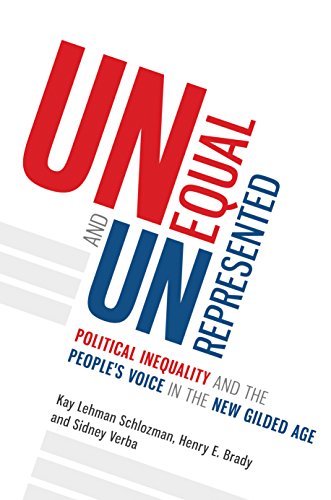EP 208 WHY IS BLOCKCHAIN SO IMPORTANT, YET SO LITTLE UNDERSTOOD?

In an era when trust in institutions of all kinds is slipping, the blockchain offers a new hope: shared ledgers of information that no one controls but everyone can believe. What could go wrong? Kevin Werbach of the Wharton School at the University of Pennsylvania and author of ‘The Blockchain and the New Architecture of Trust’ maps the often confusing landscape and shows how technology that rests on foundations of mutual mistrust can become trustworthy. In fact, the blockchain has spawned hundreds of companies, billions of dollars in investment and adoption by companies ranging from the New York Stock Exchange to Walmart since its emergence about a decade ago. Let’s unlock the mystery and the potential of blockchain in this episode.
https://www.amazon.com/Blockchain-Architecture-Trust-Information-Policy/dp/0262038935
Podcast: Play in new window | Download





